 Dave Center/Flickr
Dave Center/Flickr
Elliott Negin
 Dave Center/Flickr
Dave Center/Flickr
 Michael Fleshman/Flickr
Michael Fleshman/Flickr
 AP Photo/David Goldman
AP Photo/David Goldman
 General Motors
General Motors
 Madmanmikey/Flickr
Madmanmikey/Flickr
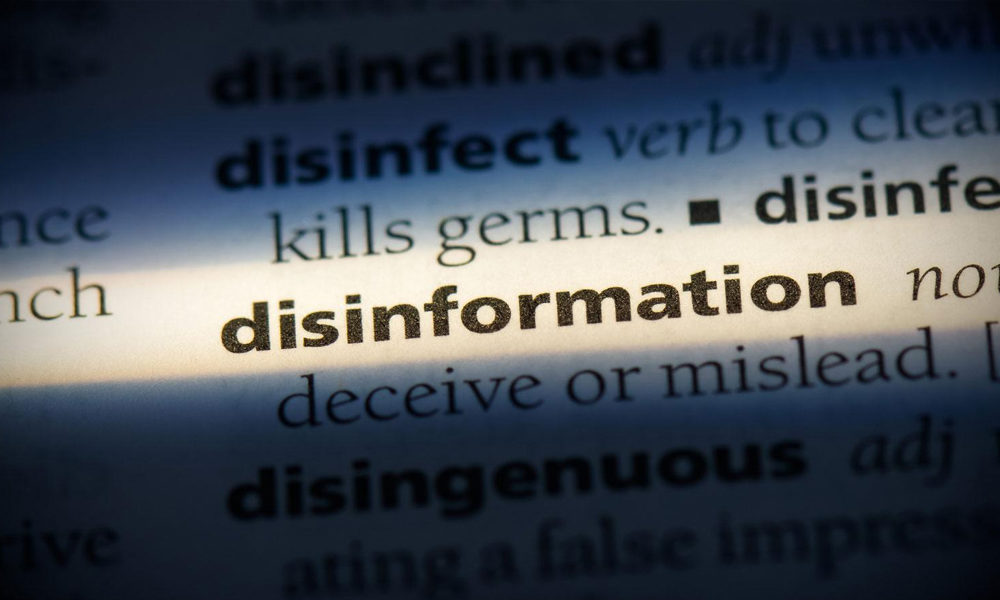 Shutterstock/Casimiro PT
Shutterstock/Casimiro PT
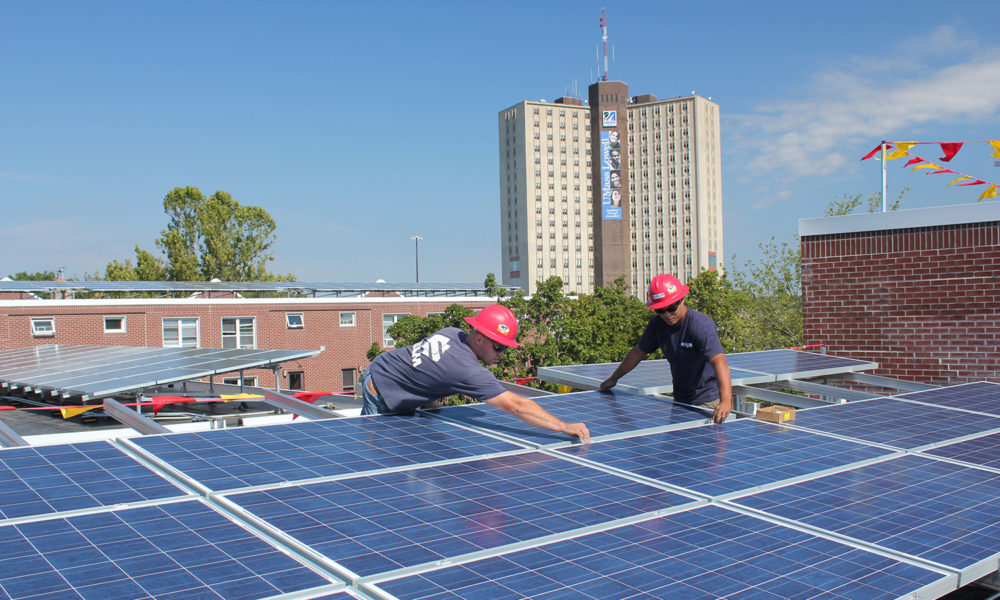 Source: Marcia Cassidy Communications
Source: Marcia Cassidy Communications
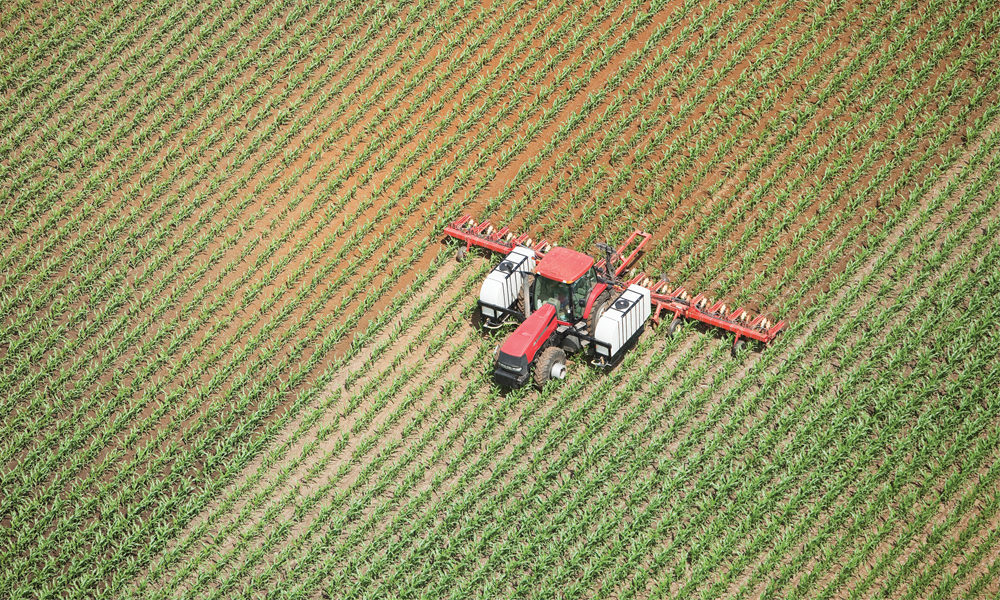 BanksPhotos/iStock
BanksPhotos/iStock
 Fortune Conferences
Fortune Conferences
 HarshLight/Flickr
HarshLight/Flickr
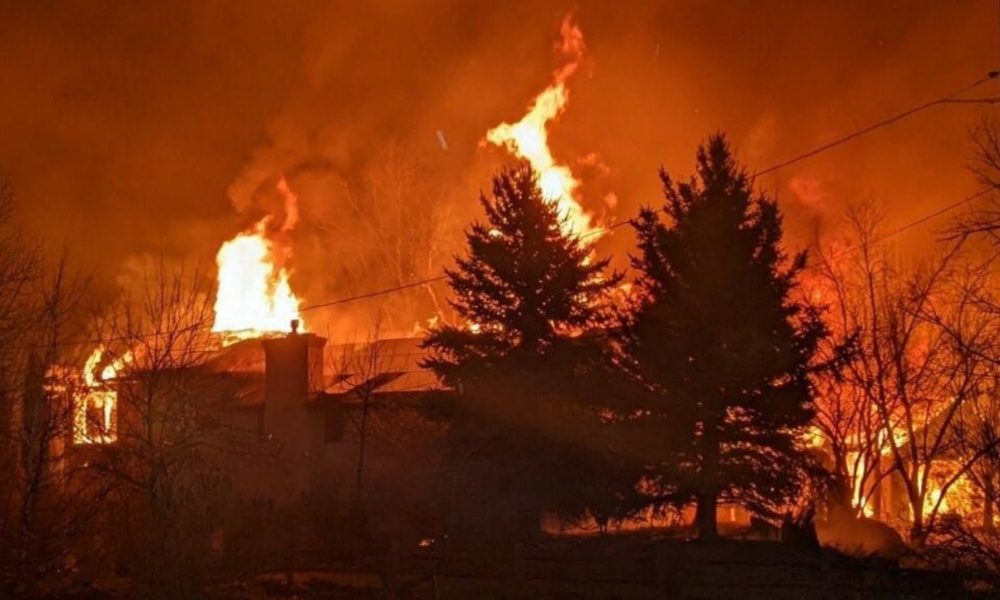 Boulder Police Department
Boulder Police Department
 Lou Oates/iStock
Lou Oates/iStock
 EVgo Network/flickr
EVgo Network/flickr
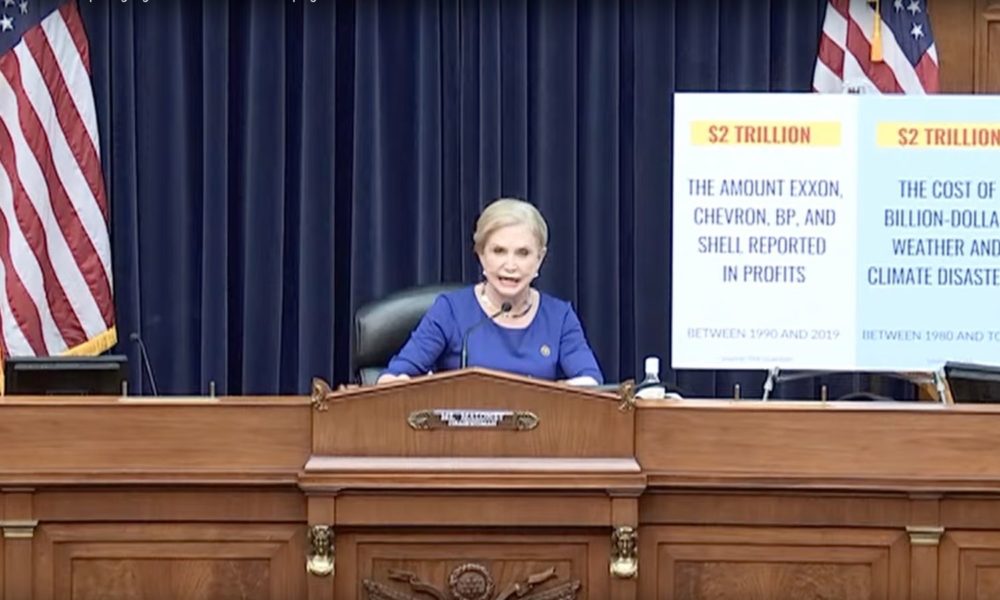
 Ortal Ullman/UCS
Ortal Ullman/UCS
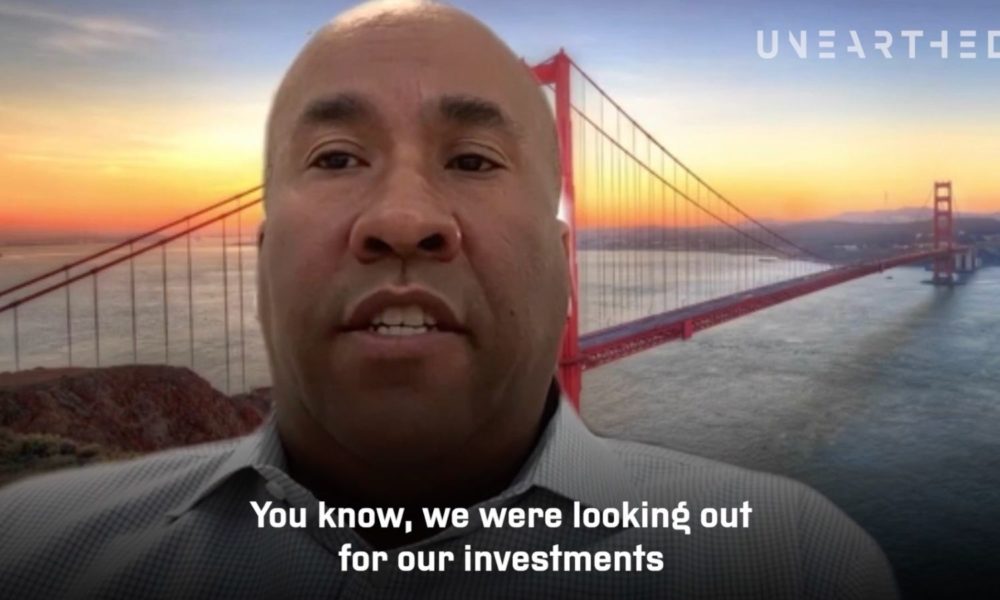 Greenpeace UK Unearthed
Greenpeace UK Unearthed
 Reid Neureiter/Flickr
Reid Neureiter/Flickr
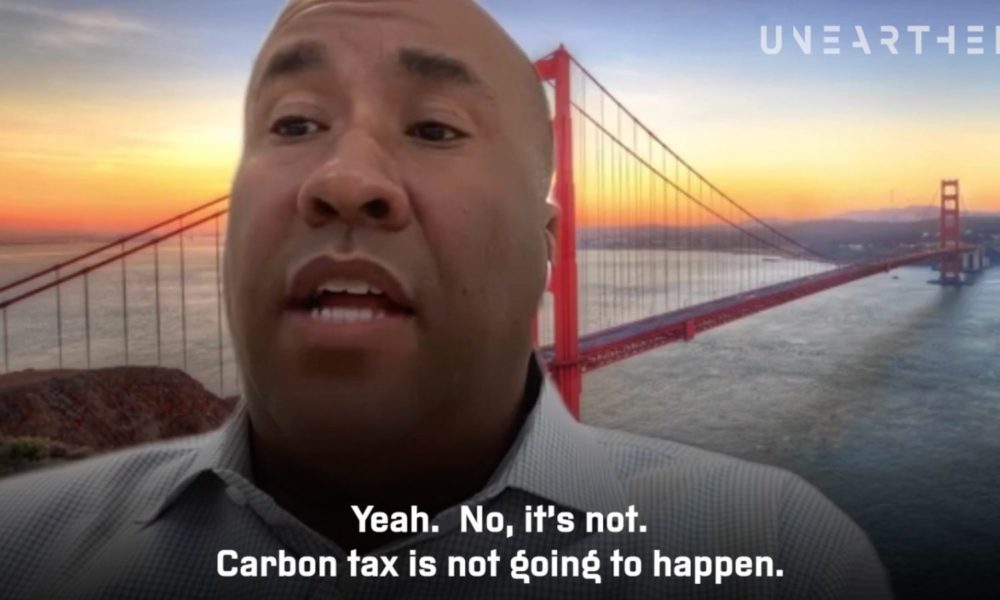 Greenpeace UK Unearthed
Greenpeace UK Unearthed
 Olivier Lantzendorffer/iStock.com
Olivier Lantzendorffer/iStock.com
 Lance Cheung/USDA
Lance Cheung/USDA
 Shutterstock: Logoboom
Shutterstock: Logoboom
 MIchael Fleshman/Flickr
MIchael Fleshman/Flickr
 Georgia Power
Georgia Power
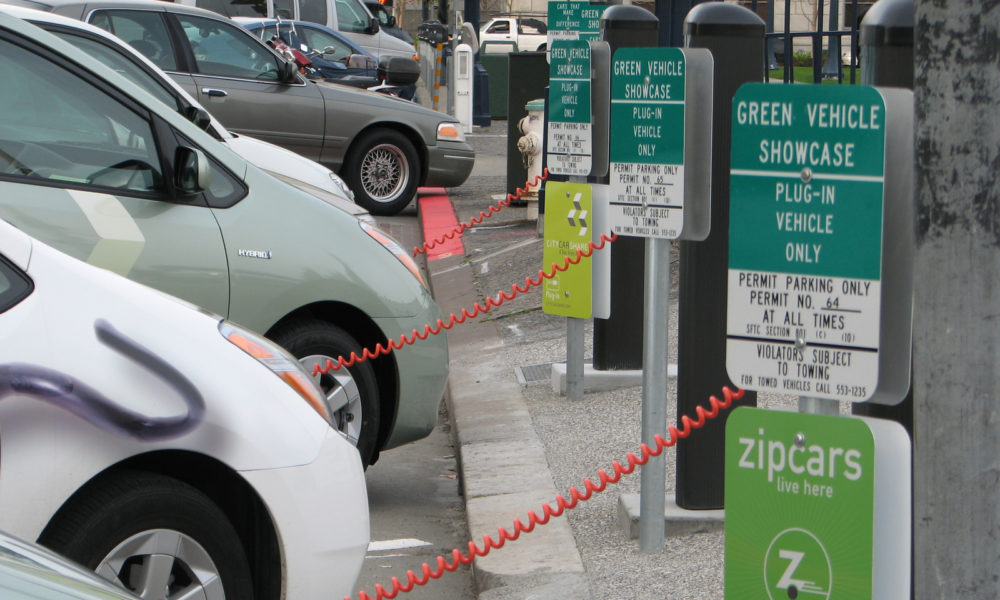 felixkramer/Creative Commons (Flickr)
felixkramer/Creative Commons (Flickr)